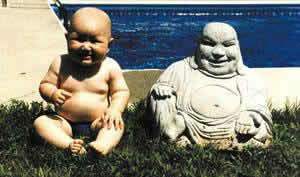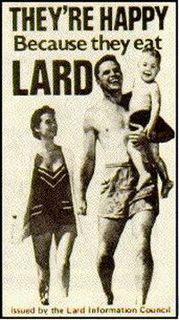My question to my professors who were atheists or naturalists was always, "How can you say that anyone was right or wrong? Whether they be Aztecs or Aryans? How can one say that killing off, by bullet or blight, anyone for whom they didn't care was bad? A strict naturalist/evolutionist can only say that one survived and the other didn't. There is no right or wrong, no good or bad, no moral meter stick by which to measure such things. Morality must come from outside the system or it is still a part of the system and subject to the same random processes that allowed life in the first place, at least according to the naturalist's ideology/faith.
Undoubtedly, the Church, all over the world, has made a practice of building cathedrals and shrines on top of the temples and sacred sites of those they followed. In fact, I read a really interesting letter once from a cardinal (I believe) in Mexico back to the authorities in
Some claim that the Incas and other indigenous American civilizations didn't force religious ideology on their conquered peoples, only political. But how do we know, and what's the difference?
I'm not being a smartass. I'm really wondering. How do we know what the Inca's forced on their conquered peoples as far as religious ideas? Is there archaeological evidence (or even historical) that might answer that question? Besides, politics were based in religion, so wouldn't a change in political ideology imply a change in religious ideology? The only reason that the practice of taking the conquered peoples' gods captive, rather than wiping those populations out with warfare, seems more civil to us is because we don't believe in those gods. To us, they are stone statues and quaint caricatures of the natural forces, but to the conquered peoples they may have been worth more to them than their own lives.














